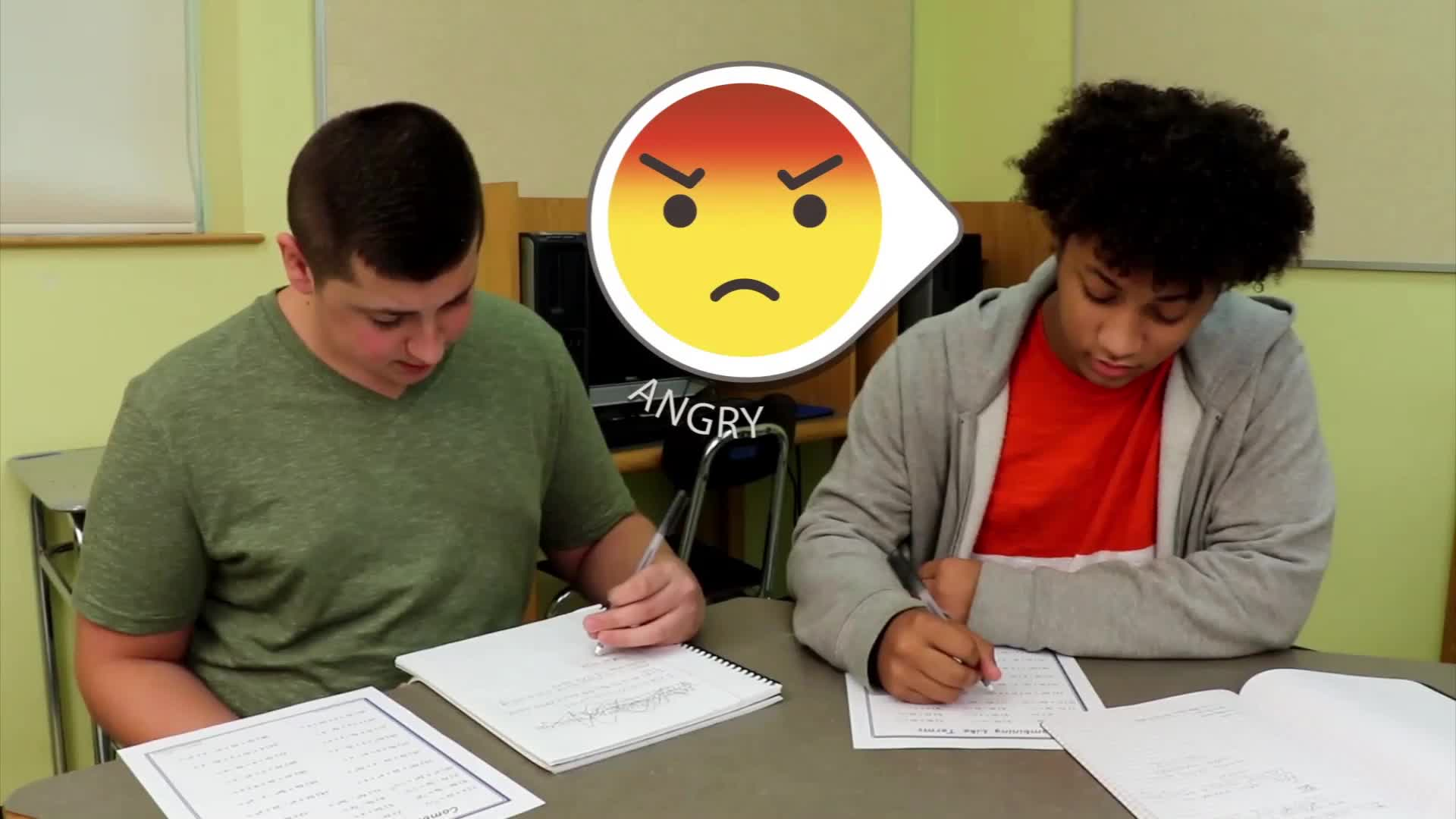Introduction
As educators, it’s essential to help our high school students develop strong social-emotional skills. One such skill is understanding the importance of humility and how to avoid bragging. Bragging can make others feel annoyed or inferior, and it’s crucial for students to recognize the appropriate time and place to share their achievements. In this blog post, we will explore a no-prep activity for teaching students how to avoid bragging, along with discussion questions and related skills to enhance their social-emotional learning experience.
No-Prep Activity
This activity, called “The Humble Brag,” requires no preparation or materials from the educator. To begin, ask your students to form pairs or small groups. Instruct each student to think of a personal accomplishment or talent they are proud of. Next, ask them to share their accomplishment with their partner or group in a humble and non-bragging way. Encourage students to consider the timing, frequency, and tone of voice they use when sharing their achievements. After each student has shared, have a brief class discussion about the experience and what they learned about humility and avoiding bragging.
Discussion Questions
- How did it feel to share your accomplishment in a humble way? Did you find it challenging or easy?
- What are some strategies you can use to avoid bragging in the future?
- Can you think of any situations where it might be appropriate to share your accomplishments? When is it not appropriate?
- How can bragging affect relationships with peers and teachers?
- Why is it important to be aware of the feelings of others when discussing personal achievements?
Related Skills
Teaching students to avoid bragging and practice humility is just one aspect of their social-emotional development. Other relevant skills for high school students include:
- Active listening: Encouraging students to listen attentively to their peers and respond with empathy and understanding.
- Conflict resolution: Guiding students to resolve disagreements peacefully and constructively.
- Self-awareness: Helping students recognize their own emotions, strengths, and weaknesses, and how they affect their interactions with others.
- Empathy: Teaching students to understand and share the feelings of others, which can help them be more considerate in their interactions.
Next Steps
We hope that this blog post has provided valuable insights and tools for teaching high school students the importance of humility and avoiding bragging. To further enhance your students’ social-emotional learning journey, we encourage you to sign up for free samples of our skill-building resources and activities. By incorporating these principles into your classroom, you can help foster a positive learning environment in which students feel supported, valued, and empowered to grow.






